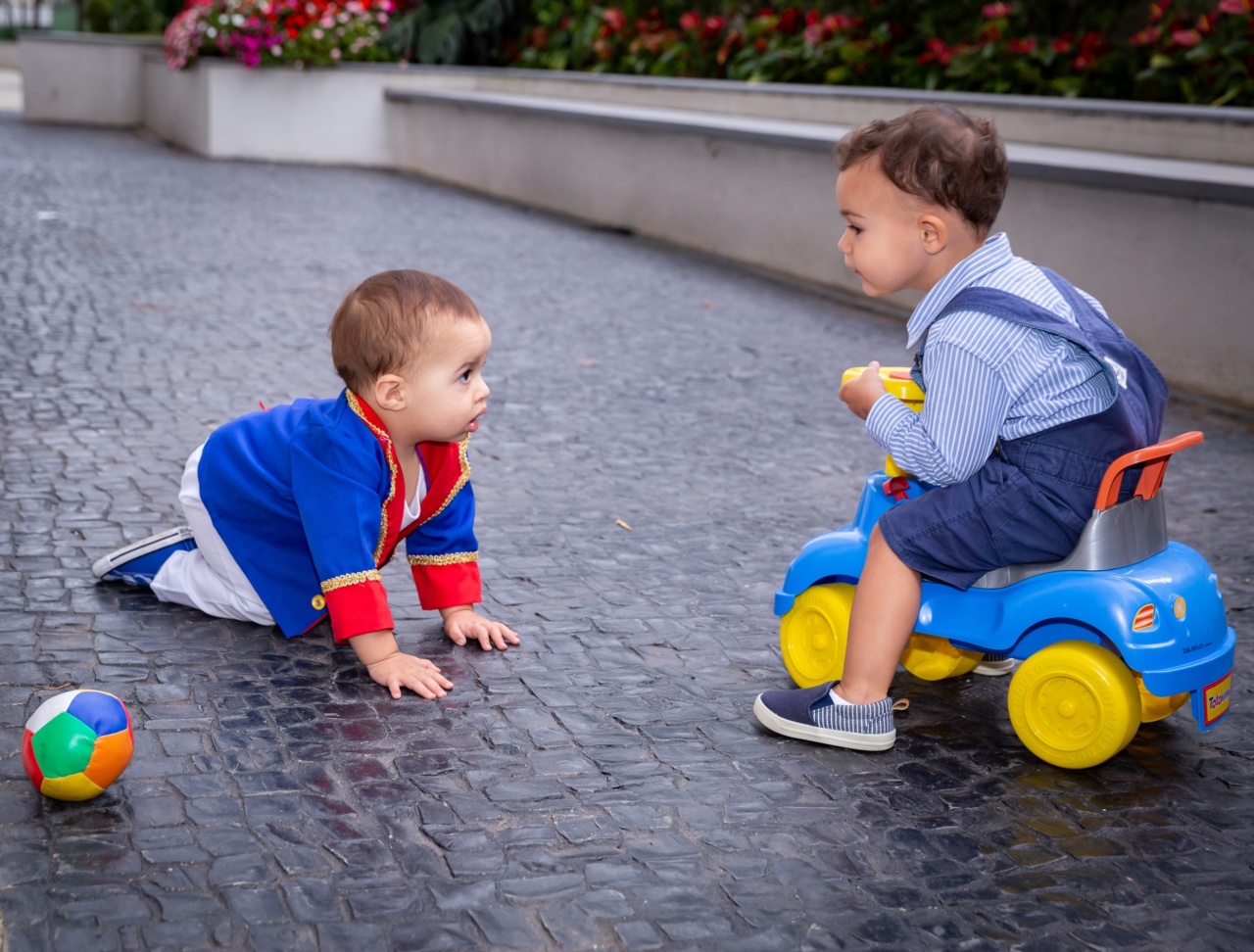Babies are vulnerable to hypothermia, especially during the winter months. Hypothermia occurs when the body loses heat faster than it can produce heat, which leads to a dangerously low body temperature.
Young children, especially infants, are at higher risk for hypothermia as their bodies are not yet capable of regulating their temperature effectively. Hence, it is essential to understand how to recognize hypothermia in babies to prevent any severe consequences.
Symptoms of Hypothermia in Babies
The indications of hypothermia in babies might vary from mild to severe and depend on the extent of body temperature drop. Some signs of hypothermia in babies include:.
1. Cold Touch
The first indication that your child is suffering from hypothermia is cold skin. You must check your child’s body temperature by touching their chest or tummy.
2. Abnormal Sleep Patterns
Babies suffering from hypothermia might have a decreased amount of energy and may seem lethargic. A baby who is suffering from hypothermia might have a difficult time falling asleep or staying asleep.
3. Slower Breathing
In some cases, infants’ breathing might start to slow down if they are suffering from hypothermia. This symptom indicates that hypothermia has progressed into a more severe case, and prompt medical attention is necessary.
4. Blue or Gray Skin
Bluish or grayish skin color in a baby can be an indication of hypothermia. If you observe your child getting blue or gray in color, then you must take necessary measures to warm the baby immediately.
5. Weak or No Crying
After being exposed to the cold weather for a certain period, the baby’s ability to cry might become weak or might stop completely. If you notice this sign, then you must act immediately to warm your baby.
6. Poor Feeding
Babies suffering from hypothermia might be too weak or lethargic to feed. Therefore, if you notice your baby’s feeding pattern reducing, you must act immediately to increase their body temperature to prevent hypothermia.
7. Sluggish Body Language
Weakness, drowsiness, and difficulty moving are typical symptoms of hypothermia seen in babies. If your child is not moving as actively as usual, it is possible that they are experiencing hypothermia.
8. Shivering
Babies might experience hypothermia-induced shivering. This symptom indicates that your child’s body is trying to produce heat and isn’t maintaining its temperature effectively.
9. Increased Heart Rate
If your baby’s body temperature starts to drop, you will notice that their heart rate has increased. A high heart rate in a baby is a significant symptom indicating that their bodies are under stress.
10. Irritability and Crying
Hypothermia can cause the baby to feel agitated, irritated, or cry excessively. They may not be able to tell you what is wrong, but it is essential to keep an eye on these symptoms as they are signs of distress.
Conclusion
If you observe any symptoms of hypothermia in babies, it is essential to act promptly to prevent severe consequences.
You can prevent hypothermia by dressing your baby appropriately, avoiding exposing them to cold temperatures for long periods, and keeping them warm at all times. If you have any concerns about your child’s health or well-being, make sure to consult your pediatrician right away.





























